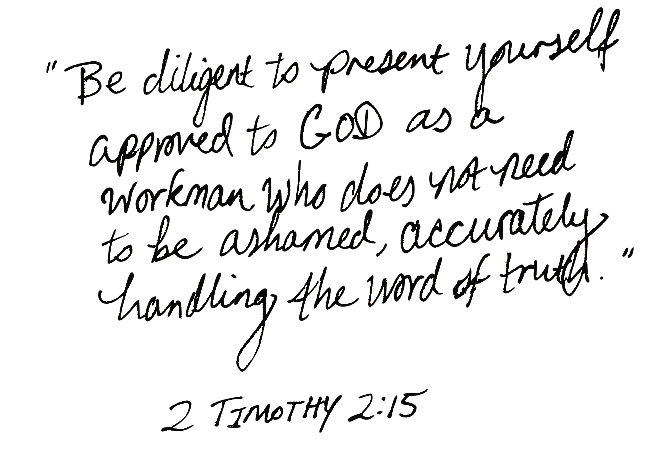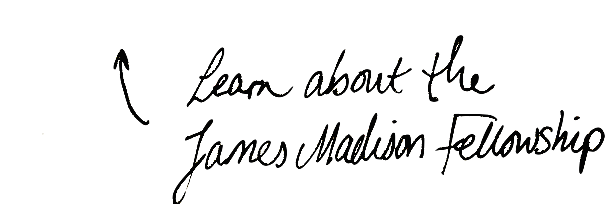We human beings, regardless of political persuasion, wrestle with our independence. We wrestle because we desire to be in complete control of our own destiny in the flesh, whether it be trusting our handmade individualism or trusting our man-made government to be our salvation.
The French revolutionaries tried human-invented improvement by lengthening the work week and erasing religious traditions; the Soviets tried the same by designing the agricultural system according to manmade law rather than natural seasons; Horace Mann likewise thought developing public schooling in the United States would make American citizens more moral and self-governing. History is rife with individuals trying to clear their burdened conscience and buy their salvation through indulgences and science, and perhaps even progressive taxation.
These methods ultimately fail, and rather than liberate, bring greater bondage. By fallen nature we then deny our sin, shift the blame to a manipulator, or prefer to emphasize the principles that we find easiest to keep, boast about them, and dismiss the others as irrelevant legalisms, until what was once our principle becomes corrupted into legalism itself. If liberty is merely a cycle of control, then this is vanity of vanities.
“Indeed, there is not a righteous man on earth who continually does good and who never sins,” observed the wisest man in world history, King Solomon (Ecclesiastes 7:20). Yahweh illustrated this to humanity through codes of the Torah, both a mirror to the fallen dichotomy of flesh and spirit, and a window to the atoning nature of the Messiah.
“For the law of the Spirit of life in Christ Jesus has set you free from the law of sin and of death,” Apostle Paul explained in his letter to the church in Rome (Romans 8:2). “For what the Law could not do, weak as it was through the flesh, God did: sending His own Son in the likeness of sinful flesh and as an offering for sin, He condemned sin in the flesh, so that the requirement of the Law might be fulfilled in us, who do not walk according to the flesh but according to the Spirit” (Romans 8:3-4).
When we sin, we incur a debt we cannot repay, and a consequence out of which we cannot simply reason ourselves. Like Edmund Pevensie gorging himself on Turkish Delight, we trespass enemy territory and become slaves to another.
This is why Christ’s final word on the cross was tetelestai, which in the era of His crucifixion was the term written on receipts and contracts to finalize that a debt had been paid in full. It was in His unblemished sacrifice, His ability to deny His own flesh and deny the control we wrestle to have, that Jesus purchased outright our independence on Passover as the Lamb of God. Yes, just as the Israelites were brought out of slavery in Egypt centuries prior.
The temple veil was torn in two (Matthew 27:51, Luke 23:45), signifying our freedom to enter into the presence of the holy God, liberated from the sentence of treason and the destiny of the enemy who rebelled against Him ages ago.
Those who did not realize their need for personal redemption overlooked Jesus Christ in search of a political messiah. In our own search for political prosperity today, we must remember that only through a realization of our dependence on Christ’s righteousness can we gain independence from the stealthy bondage of sin that weighs down civilizations.
Men say, I know, that there will be no happiness until Rome is razed from her hills. That is to say, that the ills of the time are not, as I thought them, from ignorance of God, but from the misgovernment of rulers. Do we need to be told that human governments are never for the sake of religion? How many kings have you heard of who were better than their subjects? Oh no, no! The Redemption cannot be for a political purpose – to pull down rulers and powers, and vacate their places merely that others may take and enjoy them. If that were all of it, the wisdom of God would cease to be surpassing. I tell you, though it be the saying of blind to blind, he that comes is to be a Saviour of souls, and the Redemption means God once more on earth, and righteousness, that his stay here may be tolerable to himself. – The Magi Balthasar in General Lew Wallace’s Ben-Hur: A Tale of the Christ
The header picture is Van Eyck’s Ghent altar piece panel, Adoration of the Mystic Lamb (1432).
















